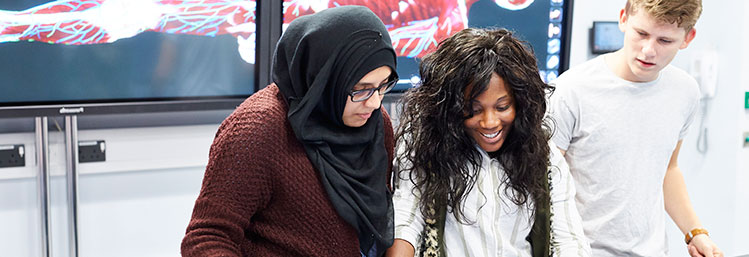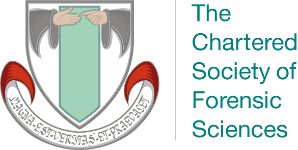
Forensic and Medical Sciences
BSc (Hons)
- Typical offer for 2025
- Duration
- UCAS code
Suitable for applications.
Placement Year
You can spend a year in a laboratory environment as a paid employee of an approved organisation.
This experience allows you to apply theoretical knowledge to practical problems, learn about work practices, and improve your career prospects.
Learning and assessment
We focus on student-centred approaches to learning, and you will be expected to take responsibility for your learning in order to develop the attributes needed for life-long learning and continuing professional development.
The course is delivered through a mix of lectures, seminars, laboratory practicals, workshops, case studies and directed study. Directed study will include directed reading of selected textbooks, specified source literature and open learning materials, directed web-based materials, report writing and other assignments such as individual project/dissertation work.
Assessment methods include:
- laboratory reports
- portfolios
- expert witness statements
- case and witness reports
- mock court exercise (oral cross examination)
- essays, worksheets, critiques, group-work, poster and oral presentations
- research designs
- reflective journals
- examinations (essays, short answers, MCQ).

